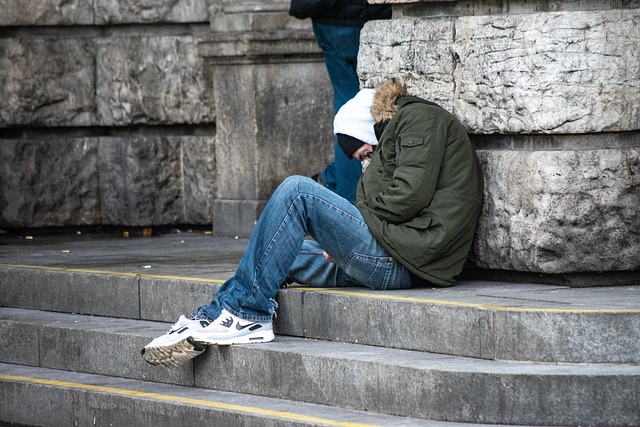Sleep is a fundamental pillar of overall health, yet not everyone has equal access to this vital necessity. The concept of sleep and inequality delves into how disparities in socioeconomic status, education, and environment can affect sleep quality and duration, ultimately impacting our lifestyle choices and nutrition. People facing sleep deprivation often find it challenging to maintain a healthy lifestyle. This struggle can lead to a cycle of poor eating habits, increased stress, and diminished physical activity.
Imagine the parent working multiple jobs to provide for their family, sacrificing precious hours of sleep. This lack of rest not only impairs their cognitive function but also reduces their ability to make healthy decisions regarding their meals. When fatigue sets in, the allure of quick and convenient fast food becomes overwhelming. Unfortunately, these dietary choices often lack the nutrients essential for maintaining energy and overall health, thereby perpetuating the cycle of inequality.
Moreover, individuals experiencing chronic sleep issues, such as insomnia or sleep apnea, often gravitate towards unhealthy coping mechanisms. This includes relying on caffeine and sugary snacks for a quick energy boost, which only leads to a crash later on. Such dietary patterns can contribute to obesity, diabetes, and cardiovascular diseases, further entrenching health disparities. The lack of sleep affects hormones that regulate hunger, leading to increased cravings for high-calorie, low-nutrient foods.
On the flip side, when individuals manage to secure good sleep hygiene, they often report better focus, improved energy levels, and a greater commitment to physical health. This positive cycle supports not just better dietary choices, but also encourages regular physical activity, which is vital for mental well-being. It’s a beautiful reminder of how intertwined our sleep habits are with our overall lifestyle. However, access to resources that promote good sleep remains a privilege for many.
Efforts must be made at community levels to address these inequalities. Providing education about the importance of sleep, creating safe environments for rest, and ensuring access to healthy foods can turn the tide against the negative effects of sleep and inequality. Whether it’s through community outreach programs, accessible mental health services, or improved working conditions, taking action can lead to a healthier society that values and prioritizes adequate sleep as a necessity for a vibrant life.
It’s essential for everyone to recognize that investing in sleep is investing in health. The journey to a healthy lifestyle and nutrition starts with embracing the importance of a good night’s rest. Let’s work towards a future where sleep is seen as a universal right, enabling all individuals, regardless of their background, to live healthier, fuller lives.




